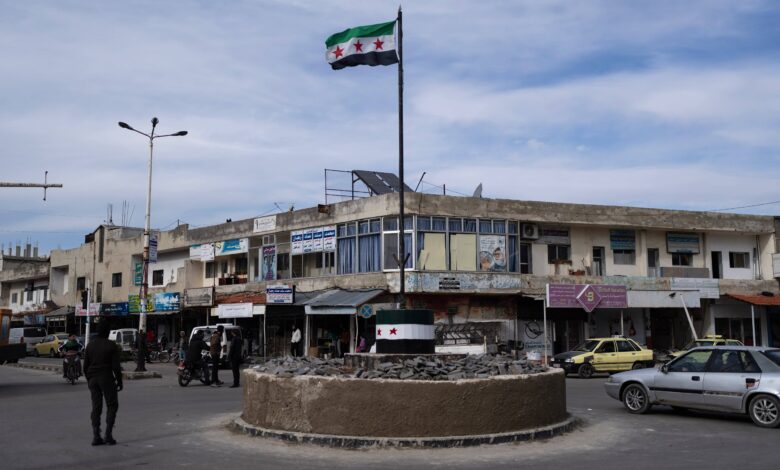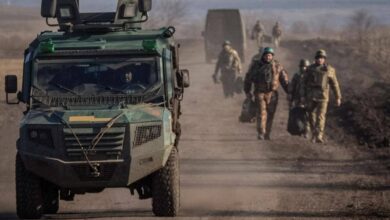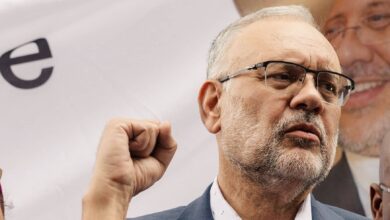
As the situation in Syria remains precarious, Turkiye’s influence in shaping the country’s future is drawing increasing scrutiny. Since the onset of the Syrian uprisings in 2011 and the anticipated fall of Bashar al-Assad’s regime on December 8, 2024, Turkiye has taken a leading role in military, diplomatic, and humanitarian efforts along its southern border.
With al-Assad’s presumed exit, and the two most important backers, Iran and Russia, pulling out, Turkiye is revisiting its goals in Syria. “Ankara has voiced its support for the new leadership that came into being with visits from the head of the National Intelligence Organization Ibrahim Kalin and the Foreign Minister Hakan Fidan, who got a warm reception from the new administration’s commander-in-chief Ahmed al-Sharaa. President Recep Tayyip Erdogan has articulated that Turkiye’s political stability is tied in with Syria’s territorial integrity; thus, he cannot afford to look upon Syria’s security with a blind eye.
Turkiye desires a political transition with the participation of all Syrians that will achieve national reconciliation and facilitate the return of refugees under better conditions. It will also solve domestic pressures at home since many are unhappy with the large number of Syrian refugees within the country. Discontent over the government’s refugee policies has contributed to anti-refugee rhetoric and violent acts against Syrians.
With its own economic strengths duly recognized, Turkiye is well-placed to assume a key role in the rebuilding of Syria’s devastated infrastructure. The plans to rebuild roads and airports are already underway, but this will require significant financial input. Moreover, the security policy of Turkiye is determined by the YPG, affiliated with the PKK, which it sees as a continuing threat. As Ankara proceeds with the challenging task of re-engagement with Syria, the dynamics continue to remain very challenging.



